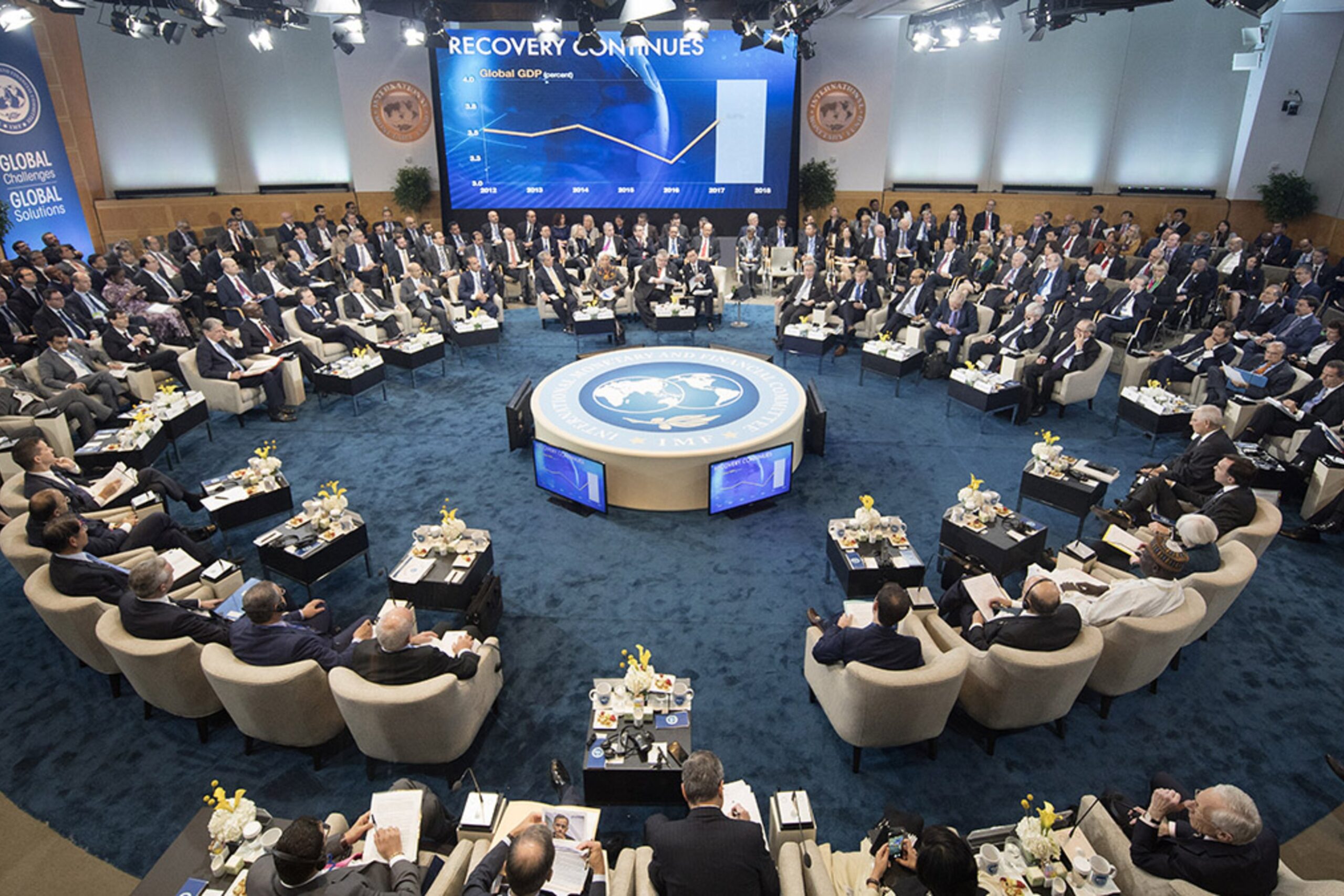Resettled farmers, former white owner lock horns over infrastructure
IN a case interpreted as defiance against the Government’s land reform programme, a white former farmer, Mr Chris Brooker, working with his local proxies, is reportedly denying some resettled farmers at Forrester J Estate in Mvurwi access to key infrastructure including barns to cure their tobacco.
The farm was legally acquired by the Government on November 16, 2001, through a Government Gazette and was subsequently allocated to over 50 new farmers the same year.
Despite these legal developments, it has emerged the former owner is allegedly sending his proxies to the farm to erect barriers around vital infrastructure, claiming to have received authorisation from some Government departments.
Mr Brooker, who in most cases is based in Germany, claims that the resettled farmers are not entitled to utilise the infrastructure until the Government compensates him for the improvements he made prior to the land’s acquisition. This situation has escalated, as the former farmer refuses the resettled farmers access to essential infrastructure, including tobacco curing barns. This has resulted in crops rotting in fields.
It has also emerged that anyone who challenges the farmer’s authority faces intimidation and arrest. Police from Mvurwi have in some cases arrested the resettled farmers whenever they attempted to access the tobacco curing facilities, it has emerged.
The District Administrator and the Attorney General’s office are said to be aware of developments.
Every season, resettled farmers suffer significant losses in their tobacco yields due to inability to cure crops properly, either because the barns are inaccessible or they find themselves entangled in prolonged legal disputes, crippling their contributions to both tobacco production and the national economy.
People close to the matter say Mr Brookers controls seven other farms, all equipped with similar infrastructure but allegedly insists on using the Forrester J facilities upon which the resettled farmers depend.
According to the Ministry of Lands Agriculture, Fisheries, Water and Rural Development report, farmers’ operations and access to agricultural infrastructure should not be obstructed without explicit written consent from the ministry.
Significantly, all resettled farmers are entitled to equal and unrestricted access to the facilities on the farms they occupy, said the ministry.
The management of such infrastructure is under the purview of the Department of Lands Administration Management and is overseen by the Department of Agricultural Engineering, Mechanisation, Farm Infrastructure Development and Soil Conservation.
A recent visit to the farm by The Herald, showed desperate farmers seeking access to cure their tobacco.
The barns were, however, locked and the premises were heavily patrolled by a private security company employed by the former owner, thereby deterring farmers from gaining access. This scenario starkly contrasts with other Government-acquired farms where resettled farmers enjoy complete access to necessary infrastructure including sheds, as the Government currently devises compensation strategies for white former farmers.
In an interview, Mr Tapfuma Mudenha, a resettled farmer, expressed disappointment and lamented massive financial losses caused by their inability to cure tobacco on schedule.
“Police are sent to stop us from accessing the tobacco barns whenever we intend to use them.
“We would like the Government to come in and help us put this bullying to rest because this is not only affecting us but it is limiting our contribution to the national tobacco output. We are also appealing to the new police commissioner to stop Mvurwi police from receiving instructions from this white farmer who is travelling 8km to come and provoke and disturb our peace” said Mr Mudenha.
Another farmer, Mr Micklem Gutsa, said the actions of Mr Mudenha indicated he was receiving support from some individuals with “power”.
Another resettled farmer said the farmers have been losing crops, getting rotten outside barns and this was witnessed by officials from the Ministry of Agriculture and the Attorney General’s office when they visited the farm to settle the matter last year.
“Last year we made a police report to the officer (name supplied) stationed at Mvurwi Police Station about vandalism of tobacco barns immediately after the white man took all the flue pipes and locked the tobacco barns, making sure that no one would get inside the facilities, but he ignored our plea.
“When Ministry of Agriculture came last year accompanied by the Attorney General’s office, in the presence of our lawyer and the one representing the white men, they witnessed the police arrest me for trying to access the barns, which proved to the officials that we are always harassed.
“I have been to Guruve nine times to attend the court, I have been to Mvurwi police station several times, just to go and defend myself or present myself for questioning. Another farmer, Mr Everson Zvomuya, has been summoned to court several times while Mr Mudenha was last year allegedly beaten by the white farmer, but surprisingly, the white man was not arrested.
“(Mr) Brooker’s argument is that he has not been compensated by the Government, it is a very serious challenge and authorities are letting us down,” he said.
The Ministry of Lands, Agriculture, Fisheries, Water and Rural Development said all infrastructure on farms acquired through the Government’s land reform programme is considered Government property.
This assertion reaffirms the legal framework guiding land acquisition and aims to provide reassurance to the affected farmers regarding their rights and the integrity of the land reform process.
“ . . . pursuant to the land reform exercise and land acquisition by the Government, all infrastructure on acquired farms is Government property. This infrastructure is administered by the Department of Lands Administration Management and superintended over by the Department of Agricultural Engineering, Mechanisation, Farm Infrastructure Development and Soil Conservation.
“All resettled A1 farmers enjoy equal and free access to use and operate the infrastructure on farms that they occupy. Farmers operation and use of this infrastructure must not be interfered with except with written authority of the Minister of Lands,” said the ministry.
Mazowe District lands officer, Mr Shepherd Mutandiri, said the issue was addressed last year and called for co-existence between the white former farmers and the resettled farmers.
“I’m not sure of the current situation, but we went with the head office last year and resolved the issues,” said Mr Mutandiri.-herald









